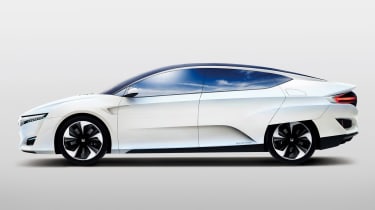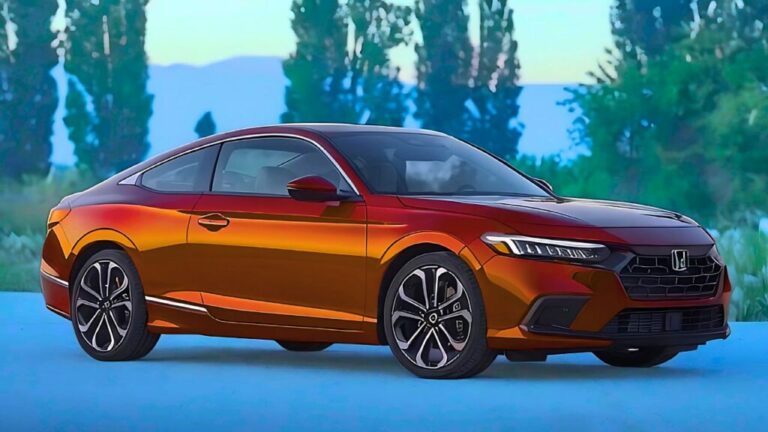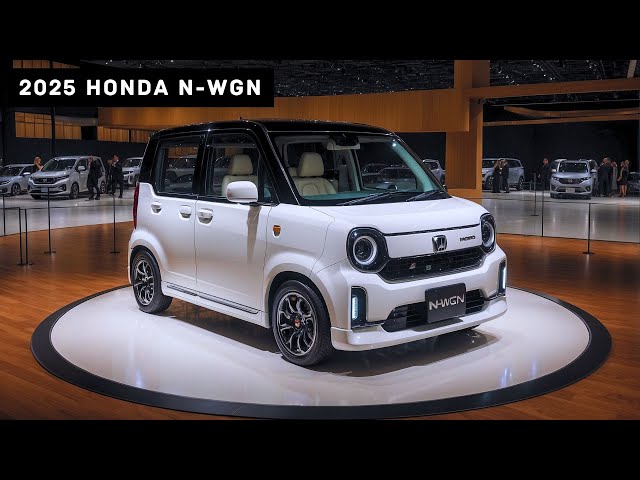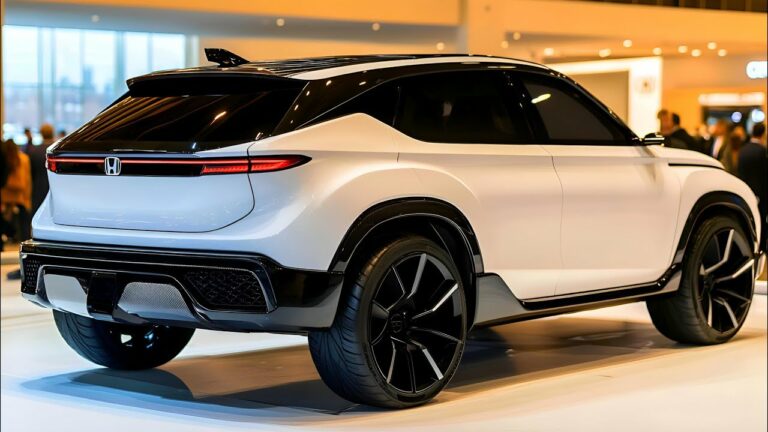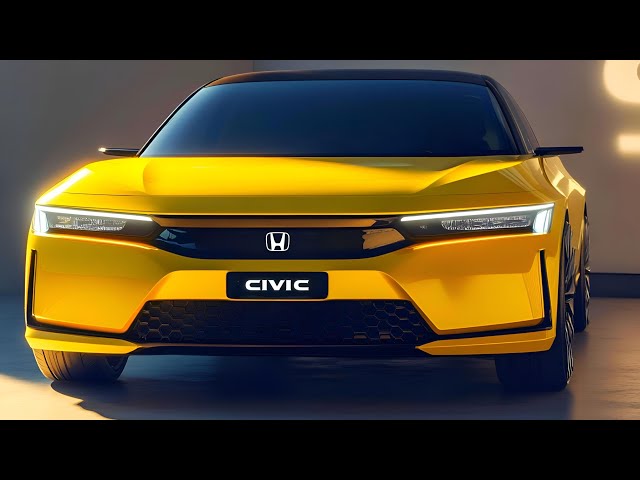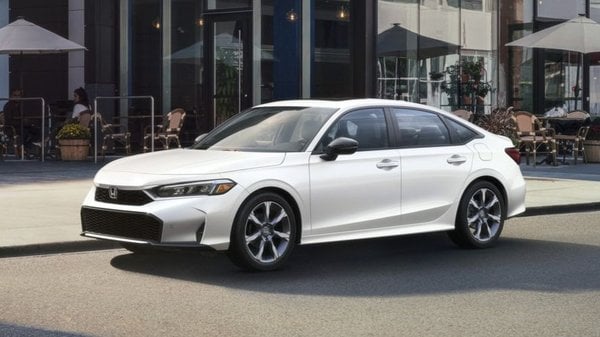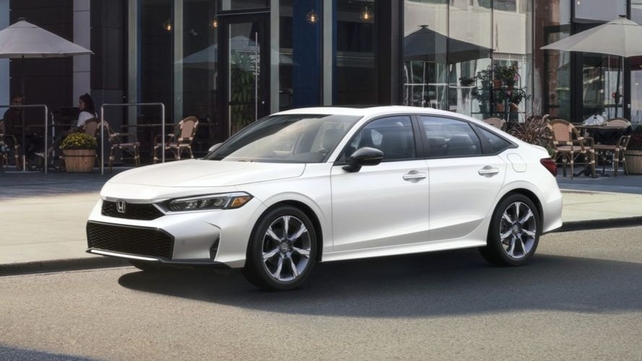New 2026 Honda Fcx Clarity Specs
Competition and Market Impact

The Honda FCX Clarity faces competition from other hydrogen fuel cell vehicles such as the Toyota Mirai and the Hyundai Nexo. It also competes with battery electric vehicles like the Tesla Model 3 and the Nissan Leaf. The FCX Clarity has a competitive advantage in terms of its longer range and faster refueling time compared to battery electric vehicles. However, it is more expensive than both hydrogen fuel cell vehicles and battery electric vehicles.
The FCX Clarity has the potential to significantly impact the hydrogen fuel cell vehicle market. It is one of the most advanced and affordable hydrogen fuel cell vehicles on the market, and its launch is likely to increase consumer interest in this technology. The FCX Clarity could also help to build momentum for the development of hydrogen refueling infrastructure, which is currently one of the major barriers to the adoption of hydrogen fuel cell vehicles.
The FCX Clarity has implications for the automotive industry and the future of transportation. It is a sign that hydrogen fuel cell vehicles are becoming more competitive with battery electric vehicles. If hydrogen fuel cell vehicles can overcome the challenges of cost and refueling infrastructure, they could play a major role in the future of transportation.
Q&A
What sets the 2026 Honda FCX Clarity apart from other hydrogen fuel cell vehicles?
The FCX Clarity boasts an array of advanced features, including an innovative hydrogen fuel cell system, an extended driving range, and cutting-edge safety and driver assistance technologies, making it a leader in the hydrogen fuel cell vehicle segment.
How does the FCX Clarity’s hydrogen fuel cell technology work?
The FCX Clarity utilizes a hydrogen fuel cell system that combines hydrogen and oxygen to produce electricity, powering the electric motor and providing an extended driving range without harmful emissions.
What is the expected price range of the 2026 Honda FCX Clarity?
Honda has not yet announced the official pricing for the FCX Clarity, but it is anticipated to be competitively priced within the hydrogen fuel cell vehicle market.
